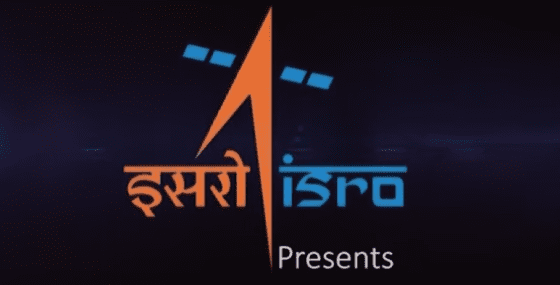The Indian Space Research Organisation (ISRO) is renowned for its advancements in space technology and exploration. It has been responsible for some of the most significant space missions, including the Mars Orbiter Mission (Mangalyaan) and the Chandrayaan missions to the moon. However, like many other high-profile organizations, ISRO has also been a target for cyberattacks. The question of “Who hacked ISRO?” is complex, involving various entities and motives. This article aims to unravel this mystery by looking at the historical context, potential perpetrators, and the implications of such cyberattacks.

Historical Context
ISRO, established in 1969, has become one of the leading space agencies globally. Its successes have put India on the map as a significant player in space exploration. With great achievements, however, come great risks. Cybersecurity threats have become a growing concern for space agencies worldwide, including ISRO.
ISRO’s increasing involvement in sensitive missions and collaborations with other international space agencies has made it a prime target for cyber espionage and attacks. These threats are not only from independent hackers but also from state-sponsored actors looking to gain a technological edge or disrupt the operations of a rival nation.
Notable Incidents
1. The 2019 Hack Attempt
One of the most notable incidents occurred in 2019 when reports surfaced about a potential cyberattack on ISRO. This was around the time of the Chandrayaan-2 mission. The attack was reportedly carried out by a group called “The Shadow Brokers,” who were believed to have ties to North Korean hackers. The attackers attempted to infiltrate ISRO’s network using phishing emails that contained malware designed to steal sensitive data.
2. The 2020 Attempt Linked to China
In 2020, cybersecurity firm Cyfirma reported that a Chinese hacker group known as “Stone Panda” targeted ISRO and other Indian organizations. The motive behind these attacks was to gain access to classified information and potentially disrupt critical operations. This incident highlighted the growing threat of state-sponsored cyberattacks, with China being one of the major players in the cyber-espionage arena.
3. The Sodinokibi Ransomware Attack
Another significant attack involved the Sodinokibi (REvil) ransomware. In this case, hackers managed to infiltrate ISRO’s systems and encrypt crucial data, demanding a ransom for its release. Although it is unclear whether the ransom was paid or not, the attack underscored the vulnerability of even the most secure organizations to sophisticated cyber threats.
Potential Perpetrators
The entities behind these cyberattacks on ISRO are varied, ranging from independent hacker groups to state-sponsored actors. Here are some of the potential perpetrators:
1. State-Sponsored Hackers
Countries with advanced cyber capabilities, such as China, Russia, and North Korea, are often suspected in cyber espionage activities. These nations have strategic interests in gaining access to technological advancements and sensitive information from rival nations. ISRO, being at the forefront of space technology, is a valuable target for such entities.
2. Hacktivist Groups
Hacktivist groups, driven by ideological motives, might target ISRO to make a political statement. These groups could be motivated by a range of issues, including opposition to government policies or actions taken by India on the global stage.
3. Cybercriminals
Independent cybercriminals seeking financial gain might target ISRO with ransomware or other forms of malware. These attacks are typically motivated by the prospect of obtaining a ransom or selling stolen data on the black market.
Implications of Cyberattacks on ISRO
The implications of cyberattacks on ISRO are far-reaching. These attacks can lead to the loss of sensitive data, disruption of critical missions, and damage to the organization’s reputation. Moreover, successful cyber espionage can provide rival nations with a technological edge, undermining India’s strategic position in space exploration.
Enhancing Cybersecurity at ISRO
In light of these threats, ISRO has been working to bolster its cybersecurity measures. This includes investing in advanced cybersecurity technologies, conducting regular security audits, and training staff to recognize and respond to cyber threats. Collaboration with other international space agencies and cybersecurity firms is also crucial in creating a robust defense against potential cyberattacks.
Conclusion
The question of “Who hacked ISRO?” does not have a straightforward answer. The threats come from various sources, each with its motives and methods. What is clear, however, is that ISRO must remain vigilant and proactive in its cybersecurity efforts. By understanding the nature of these threats and taking appropriate measures, ISRO can continue to safeguard its valuable assets and maintain its position as a leader in space exploration.